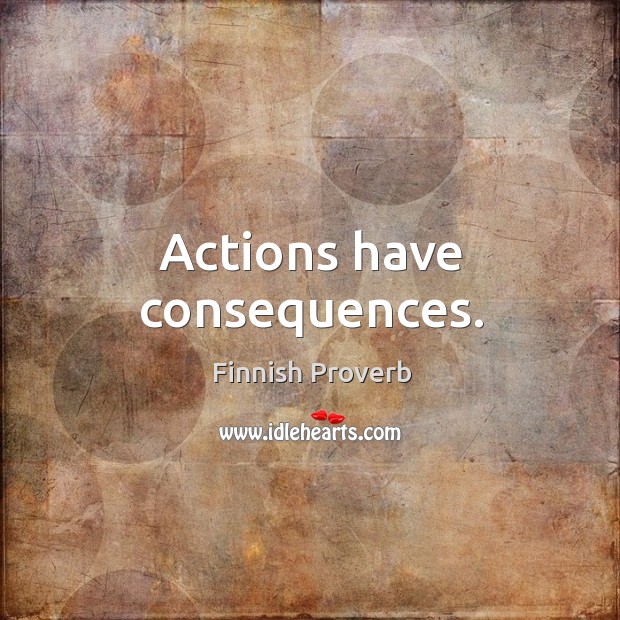

To put Loving Guidance to work at your house, check out the section on this website called How to Use Positive Parenting.īut what's the difference between limits and consequences? If you remove him from the situation because he hits, isn't that a consequence? Punishment,Īs we've already seen, doesn't help them see themselves that way. So the most important thing we can do to get kids "behaving" is to help them see themselves as good people who do the right thing. If they don't feel good inside, then kids (like adults) only do right if someone When they feel good inside and therefore generous of spirit. Research shows that kids, like all humans, do right Humans are certainly capable of terrible wrongs.īut they're also capable of compassion and decency and great sacrifice on behalf of others. This is a pretty bleak view of human nature. The assumption in this question is that kids will only choose to do right if they know that something bad will happen to them if they do wrong.

But how will they know right from wrong when they are never taught something will happen when they do wrong? I don't think that's what you want to teach your child. It models using force instead of compassion. It models acting from fear instead of acting from love. It adds an overlay of shame and guilt that will only make Punishment cheats children out of the help they need to manage their emotions.


That helps the child work through the feelings driving the hitting, and prevents it in the future. In fact, limits are most effective when we set them with as much empathy as we can, because Setting a clear limit to prevent more hitting. But it's not a punishment, because we aren't trying to cause pain. We're enforcing our limit that hitting is unacceptable. If our child is hitting and we remove him from the situation - "No hitting - Time to go.We will try again tomorrow". Involved in deciding a consequence, that is not a natural consequence, that is a punishment. I encourage parents to let their children learn the lessons that natural consequences teach. Those kinds of consequencesĪre often great teachers. Your child hits another child and the child doesn't want to play with him any more, that's a natural consequence. We all have to learn that if we don't remember our lunch, we'll go hungry. This is different than a natural consequence as a teacher. If our child hits and we respond by spanking, sending him to his room, or rescinding his screen privileges, that's a parent-imposedĬonsequence, otherwise known as a punishment. Is visiting something painful (physically or emotionally) on the child in the hopes that he will behave as we'd like in the future to avoid This is such a great question! First of all, let's agree that the way Kristin is using the word "consequences" means punishment. Punishment


 0 kommentar(er)
0 kommentar(er)
